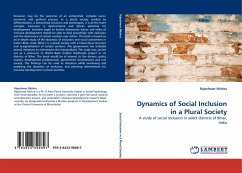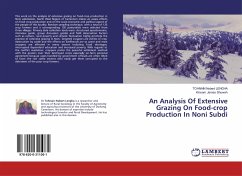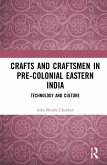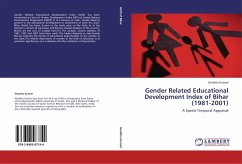Being linked with the wider economy through a network of crucial useful services being provided by a number of meddling agencies, an agrarian mofussil setting has for long been associated with a vast chain of traditional channels of marketing of agricultural produce from farms to marketplaces. Contemporary literatures have however glossed over the facts of survival of class-divided production and mercantile agencies and the phenomenon of multiplicity of exchange systems pervading the continuum of informal to formal marketplaces. Such a dismissal is not warranted. A set of specific patterns of inherited commercial relations being cemented among interacting agencies as well as the contemporaneous deficient state of marketplace infrastructure have bearings on the arbitrage activity leading to spread in prices. In this sequel monograph, we analyze cross-section data of the year 1991-92 to describe the patterns and characteristics of marketing of paddy and jute crops in Purnia (north Bihar, India). It is hoped that our endeavor would be of academic interest and useful to the postgraduate students, practioners and policy makers in south Asia.
Bitte wählen Sie Ihr Anliegen aus.
Rechnungen
Retourenschein anfordern
Bestellstatus
Storno








